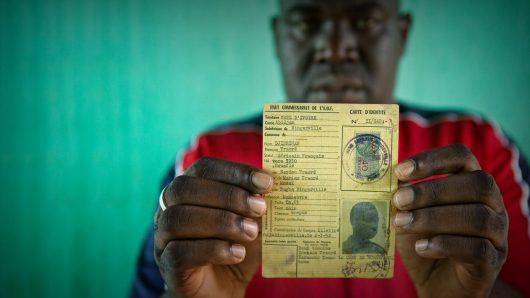
Statelessness is as much of an economic burden as it is a social and political one. According to a recent Foreign Policy article, statelessness results in “chronic economic instability” because it is often accompanied by joblessness and poverty.
According to the U.S. Department of State, a stateless person is someone who does not “enjoy” the rights of “citizenship – the legal bond between a government and an individual – in any country.” In other words, these individuals do not have the same rights and opportunities as people who are recognized as citizens by the nations in which they live.
Although the U.N. High Commissioner for Refugees counted 3.5 million stateless people in 2011, they estimated that the number could be as high as 12 million people. Foreign Policy reports that as many as 15 million people might be stateless today.
The Department of State notes that the causes of statelessness are diverse. They include failure to register newborns properly, birth to stateless parents, discrimination against minorities and traditional attitudes towards registration, to name a few.
Not only are stateless people denied government-issued identification, preventing them from acquiring formal labor jobs, but they are also subjects of social discrimination. These realities exclude them from even more employment opportunities, leads to fewer chances of regular employment and leaves stateless persons even more destitute.
Foreign Policy also reports that very little research exists about the effects of statelessness on economies. Some existing studies suggest that stateless persons have a negative economic impact on smaller nations in which they may make up a more significant percentage of the population. In this case, granting citizenship to stateless persons might actually improve these nations’ gross domestic product output.
Although stateless individuals can obtain cards which signify their status, only a few thousand people have been able to take advantage of this opportunity. One of the Sustainable Development Goals of the United Nations aims to provide everyone with legal identity by 2030, which will give people access to formal job markets and increase economic opportunities for individuals and nations.
The U.S. State Department suggests that universal birth registration and increasing access to naturalization and citizenship will help solve statelessness. As Foreign Policy points out, nations must want to increase inclusiveness with stateless persons and cease the use of political reasoning for ostracizing them before changes can occur.
Policies and prejudices might take many years to change, but the economic, social and humanitarian advantages of granting citizenship to stateless people are worth the fight.
– Addie Pazzynski
Photo: UNHCR
